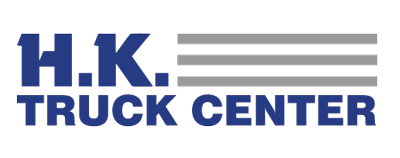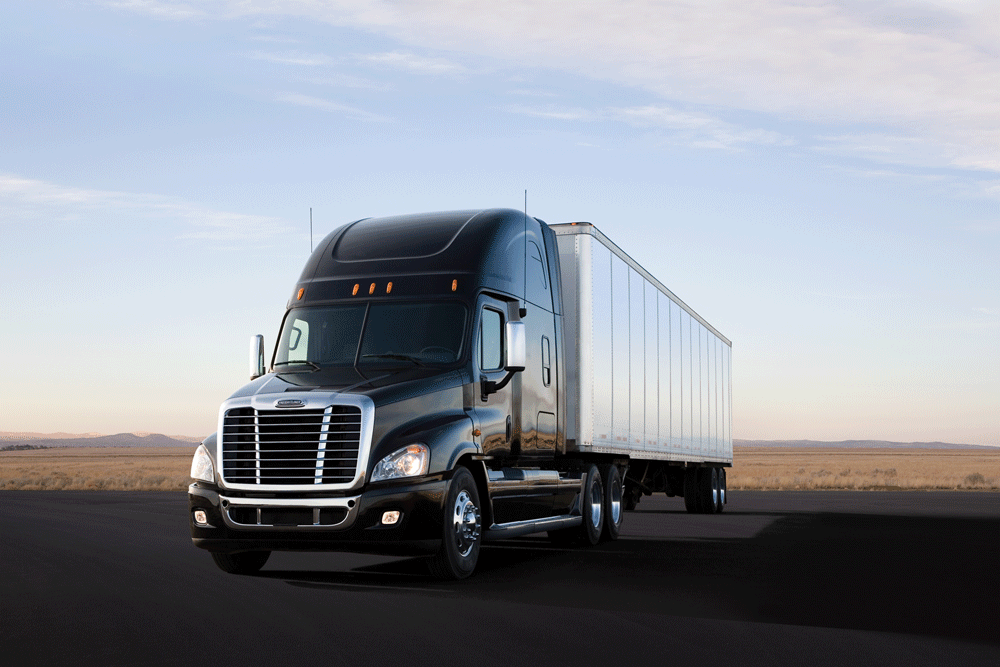
Economic Volatility Makes Truck Leasing More Appealing for Private Fleets
Over the last few months, I’ve touched on the increase in the number of private fleets turning to full service leasing providers for much of their transportation needs as the cost of operating a private fleet has skyrocketed. My recent IdeaXchange blog notes “This is the first time since ATRI began reporting on the operation cost of trucking in 2008 that the cost per mile has exceeded $2.”
As a volatile economy and uncertainty continue to dominate the global marketplace, companies that need a fleet specifically as a means to transport their product are looking for ways to control costs and release working capital. That has opened the doors for full service leasing organizations to step in to help. In April of this year, in an article in truckinginfo.com, Dean Vicha, president of NationaLease, stated, “Trucks are way more complicated with new technology, and they cost way more to own and operate. For private fleets, transportation is always their necessary evil. We take that away, and current impacts integrating technology and dealing with technician shortages makes leasing more attractive.”
From rising fuel costs to technician shortages to changing technology and regulations, passing the burden to a third party looks increasingly appealing. There are a number of advantages to taking this route.
Predictable operating costs – It’s impossible for a company to create an accurate budget and forecast when fleet operating costs are unpredictable, which is unfortunately where we are now. Fuel prices, maintenance expenses, and rising insurance costs continue to fluctuate. Truck leasing offers fixed monthly lease payments, giving fleet managers the predictability necessary to budget effectively.
Improved working capital – A company can’t grow if its working capital is tied up, especially with expenses that are not part of the core business. Purchasing trucks is a very expensive undertaking, tying up a significant amount of capital. Leasing requires lower upfront costs and the money that is freed up can then be used for more strategic endeavors that can lead to company growth. That additional money can also be used to weather unforeseen economic disruption.
Scalability and flexibility – Private fleets, like all aspects of a business, need to be agile enough to adapt to changing market conditions. As demand shifts, fleets need to adjust capacity to meet those demands. That can mean a need for more capacity or less. Having trucks sit idle, or on the other side, being unable to make deliveries as demand spikes can cause incredible harm to a business. Leasing affords flexibility to scale the fleet up or down as demand and conditions change.
Access to advanced technology – Today’s technology seems to be changing and advancing on a daily basis and at such a rapid pace, it can feel impossible to catch up. (Think of how your own mobile devices have changed in the past few years). To invest heavily in technology that can be obsolete in a short amount of time is a big ask for fleets. Working with a truck leasing provider eliminates the risk. These organizations often offer access to the latest models with the most advanced features. This not only allows private fleets to be compliant with changing environmental regulations, it also can reduce operating costs and enhance the fleet’s overall performance.
Lower maintenance costs – Fleets with a DIY mentality can find themselves in deep trouble when it comes to maintenance costs. The truckinginfo.com article linked above notes that it’s estimated that at least 177,000 new diesel-techs will need to enter the field between 2022 and 2026, not only to meet new demand but to replace an aging workforce. That’s just in four years! As electric trucks enter the market in greater numbers, fleets will need techs that have the skillsets and knowledge necessary to care for those vehicles. That means ongoing training, as well as changing inventory to maintain the new trucks. This is a heavy burden, but many truck leasing organizations also offer dedicated contract maintenance as an option, meaning they take on the burden of making sure your fleet is ready to ride, safely and in full compliance.
Less risk when replacing trucks – Once a truck is purchased, a fleet manager or fleet owner is at the mercy of the market when it comes time to replace that vehicle. Private fleets that lease through a full service truck leasing organization can transfer some of the residual value and depreciation risks to the leasing company. We’ve seen used truck sales fluctuate considerably since the pandemic so a fleet manager doesn’t want to be in the position of having to dispose any of the truck inventory at a time when the used truck value may plummet.
As economic conditions continue to change, private fleet managers should evaluate their specific needs and look at the long-term benefits of leasing as a strategic choice. As I note in my IdeaXchange blog “With all the current complexity in trucking, upcoming regulatory changes that will further complicate things, and the move to zero-emission freight movement, leasing is a good choice for reducing costs while increasing efficiency.”
About Jane Clark
Jane Clark is Vice President of Member Services for NationaLease. Before joining the full service truck leasing organization, she served in executive positions with some of the nation’s top staffing and recruitment agencies.




